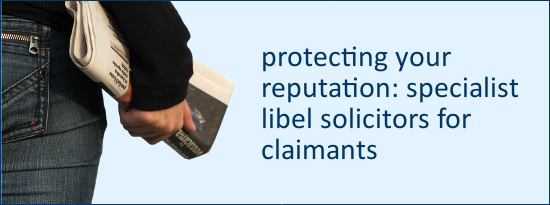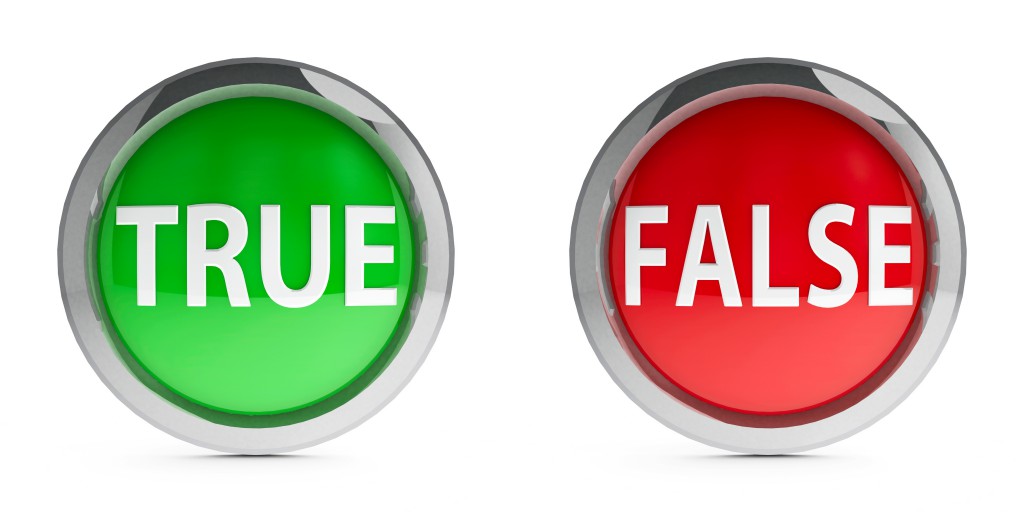Libel claims: defamation of character

Solicitors acting in libel (defamation) claims for UK and international clients in the London court, our team advise & represent clients in UK defamation proceedings (claims & defences).
Libel claims are a specialist area.
A meaning is defamatory if it substantially affected in an adverse manner the attitude of other people, or had a tendency to do so
In enacting the Defamation Act 2013 Parliament intended that libel claimants should have to prove as a fact on the balance of probabilities that serious reputational harm had been caused by, or was likely to result from, the publication complained of. The court is entitled to have regard to all the relevant circumstances, including evidence of what actually happened after publication.
Libel is no longer actionable without proof of damage, and the legal presumption of damage has ceased to play any significant role.
Serious harm must be shown.
Libel & harassment protection injunctions: damages
To bring a viable action in the English courts (almost always in London), you would need to be able to show that publication occurred in England or Wales.
Under Article 10(2) of the European Convention on Human Rights, the protection of the reputation of others is a legitimate ground for restricting the right to freedom of expression. Libel and slander are legal claims that protect an individual’s reputation against defamation. An individual is defamed when a person publishes to a third party words or matter containing an untrue imputation against his or her reputation.
If the publication is in a permanent form (for example in a book, magazine or film), then the defamation is libel. It is slander if the publication is in a transient form (speech). Signs, gestures, photographs, pictures, statues, cartoons etc. can also give rise to a claim for defamation, but the most obvious types of defamatory statements are written or spoken words.
A claimant in a defamation action must show that the words they complain of would be understood by a hypothetical reasonable reader (i.e. requires publication to a third party) to refer to them and to bear a meaning defamatory of them, that is, a meaning which would tend to lower their reputation in the eyes of right-thinking members of society.

The actual effect of the publication of the words is irrelevant to whether they are defamatory: this is determined by reference to right-thinking members of society only. And it must be shown that the words have been communicated (published) to a third party who must have read them: the wider the readership the more serious the effects of publication.
Anyone involved in the publication of the words will be liable unless they can establish a defence.
A defence can be for the defendant to show that although defamatory its words were published pursuant to the discharge of a public duty (e.g. reporting suspicion of a crime to the authorities) and are thereby privileged from suit but such a defence will fail if the claimant can show that the words complained of were published with malice. It is a defence for the defendant to show justification, meaning substantial truth of the words complained of.
Libel proceedings are very expensive and their outcome is inherently more unpredictable than many kinds of proceedings
It is prudent therefore to get advice from experienced libel solicitors at the start.
No win no fee may be available for serious claims





